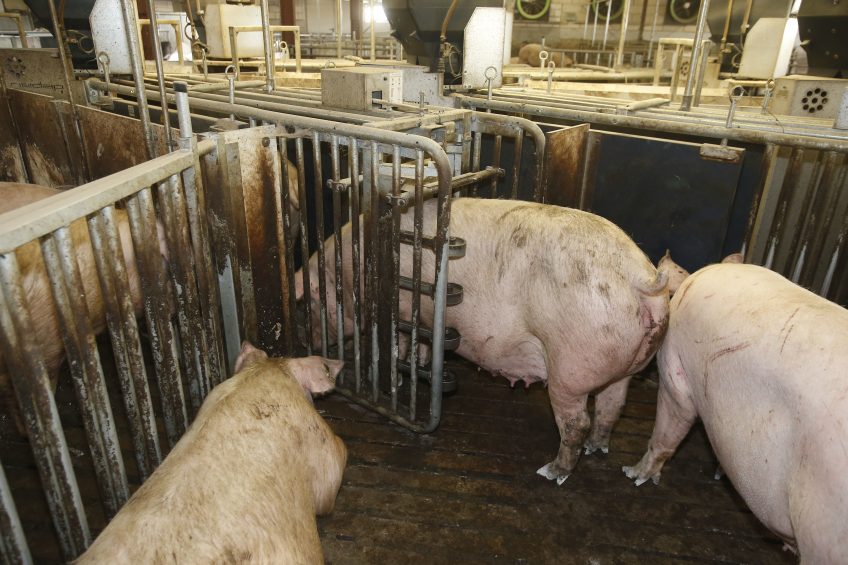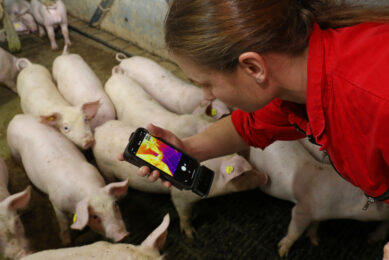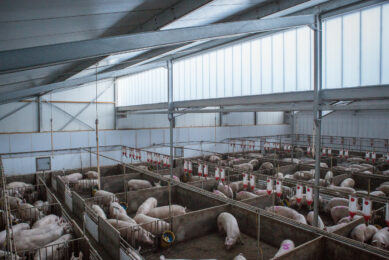Thai agribusiness Betagro to move away from sow crates

Thailand-based agribusiness Betagro has announced it will phase out crates both in gestation and lactation within 10 years. That was confirmed by Betagro in a press release.
Betagro is Thailand’s 2nd largest swine producer. The company reached its conclusion to ban both types of crates after 3 years of intensive research work. In the press release, Betagro said the main reason for its move is to enhance ‘quality of life’, calling the development ‘an unprecedented commitment in Asia Pacific’. The company hopes that in 10 years, the measure will apply to 250,000 sows.
More spacious housing for female pigs
In the press release, Vanus Taepaisitphonge, CEO of Betagro, said that the move creates more spacious and social housing for female pigs and will ensure that animals are healthier, less stressed and express their natural behaviour. The system, according to Betagro, will also provide more robust piglets, less need for antibiotics and healthier meat products for consumers.
In correspondence with Pig Progress, the company announced that in gestation, Electronic Sow Feeding (ESF) systems will be used. In lactation, sows will be allocated to pens without crates.
Phasing out crates
Gestation crates have been banned for a few years in the European Union, and are no longer acceptable in various other countries. The global trend is to phase out mother pig crates, as they restrict space, movement and behaviour. They are no longer acceptable in European Union and various other countries around the globe.
Betagro began its journey in 2013 to improve the living conditions of animals across production. The company teamed up with animal welfare organisation World Animal Protection since 2014 in order to develop animal welfare policies.
After the 3 years of intensive work, Betagro decided to phase out two types of crates, so that female pigs could turn around and move more freely during pregnancy, and then move and mother their young.
Betagro Quality Management
Betagro developed the Betagro Quality Management (BQM) which improves the lives of animals through company codes including animal welfare monitoring throughout pig and poultry supply chains. Staff awareness and competencies are very crucial for success. The company’s staff have also previously trained with Bristol University, UK, on farm animal welfare, transportation and slaughter and have implemented high animal welfare standards.
Betagro produces food products for export to e.g. Japan, the UK, Hong Kong and the EU.












